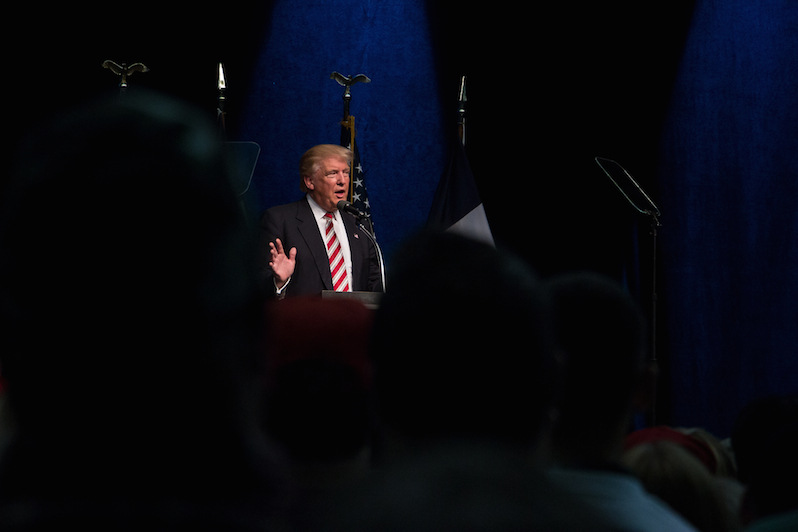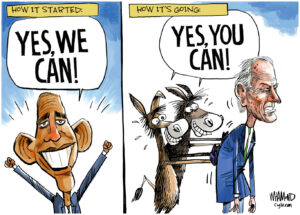In Trump Times, the Enemies of Our Enemies Are Not Necessarily Our Friends
How can we recognize who our allies are in the mixed-up world of the new president? President Donald Trump's words and actions have sometimes perplexed even some who could generally be expected to side with him. (John Pemble / CC 2.0)
1
2
3
President Donald Trump's words and actions have sometimes perplexed even some who could generally be expected to side with him. (John Pemble / CC 2.0)
1
2
3
This year, we’re all on shaky ground, and the need for independent journalism has never been greater. A new administration is openly attacking free press — and the stakes couldn’t be higher.
Your support is more than a donation. It helps us dig deeper into hidden truths, root out corruption and misinformation, and grow an informed, resilient community.
Independent journalism like Truthdig doesn't just report the news — it helps cultivate a better future.
Your tax-deductible gift powers fearless reporting and uncompromising analysis. Together, we can protect democracy and expose the stories that must be told.
This spring, stand with our journalists.
Dig. Root. Grow. Cultivate a better future.
Donate today.








You need to be a supporter to comment.
There are currently no responses to this article.
Be the first to respond.